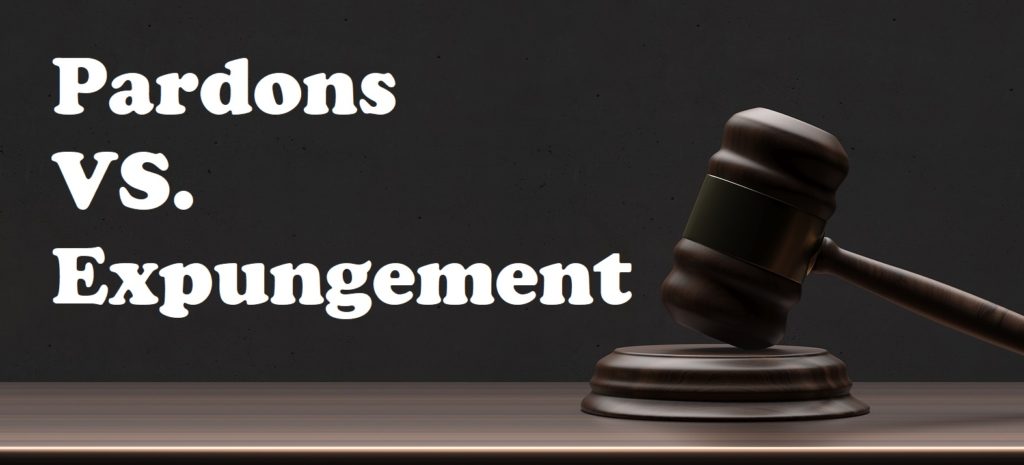Criminal record expungement and criminal pardons are two very different things. Expungement is the legal process of sealing or destroying your criminal record so that it can’t be accessed by the public. Pardons are granted by the president or a governor and forgive you for your crime, but they don’t erase your criminal record.
Continue below to learn more differences between criminal expungement and criminal pardons, including where to get started with cleaning up your permanent record.

Criminal Record Expungement in Indiana
If you have a criminal record in Indiana, you may be eligible to have your record expunged. Expunging your criminal record can give you a fresh start and allow you to move on with your life. The first step is to determine if you are eligible for expungement.
To be eligible for expungement in Indiana, you must:
► Have been convicted of a misdemeanor or Class D felony
► Have completed your sentence, including any probation or parole
► Wait at least five years after your conviction to apply for expungement
If you are eligible, you will need to file a petition with the court. The court will then review your case and decide whether to grant your request. If your request is granted, your criminal record will be sealed, and you will no longer have to disclose your conviction on job applications or other forms. However, there are some exceptions, such as if you are applying for a job in law enforcement or with the state lottery.
Expunging your criminal record can give you a second chance and allow you to move on with your life. If you think you may be eligible, contact an Indiana expungement lawyer today to learn more.
Criminal Pardons
A criminal pardon is an act of mercy that allows a person to be forgiven for a crime. Pardons are usually granted for minor offenses, and they are sometimes given to people who have already served their sentence. In some cases, a pardon can be given to someone who is about to be sentenced. Pardons are also given to people who have been convicted of a crime but are later found to be innocent. In most cases, a pardon is granted by the president or governor of a country. It may also be granted by a court of law.
Here are some more need-to-know facts about criminal pardons:
► A pardon does not erase the record of the conviction; it only forgives the person for the crime.
► Pardons are not given for serious offenses, such as murder.
► A pardon can be revoked at any time.
Criminal pardons are sometimes seen as controversial, as they can be seen as a way of excusing people who have committed crimes. However, they can also be seen as a way of giving people a second chance. What do you think about criminal pardons? Do you think they are a good or bad thing? Let us know in the comments below.
Ready to enjoy a higher quality of life with a cleaner criminal record? Contact our Indianapolis Indiana criminal record expungement lawyers to begin your petition right now! Our fees start as low as $850, and we never charge for initial consultations.
Related Posts:
Is an Unfair Criminal Record From Holding You Back From a Better Job?
How to Remove a False Arrest From Your Indiana Criminal Record
Can a Public Defender Expunge My Criminal Records?


